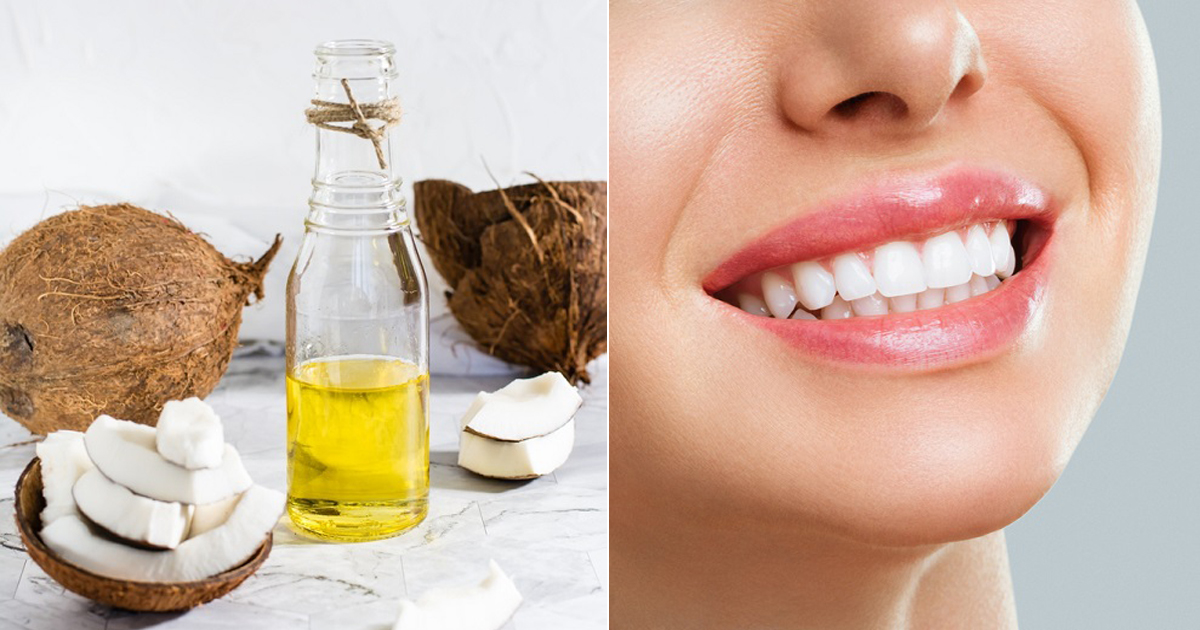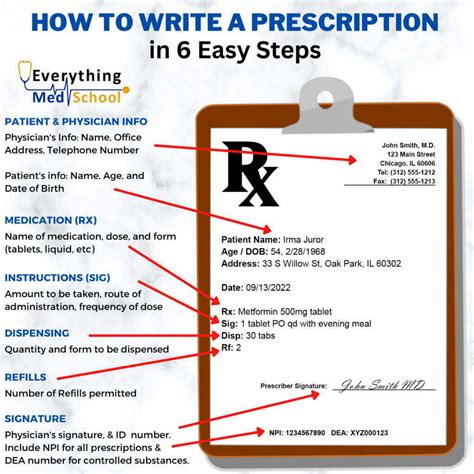Does Coconut Oil Whiten Teeth

The quest for a brighter, healthier smile has led many to explore alternative methods for teeth whitening, and coconut oil has emerged as a popular candidate. But does coconut oil actually whiten teeth, or is this just another dental myth? To separate fact from fiction, let’s delve into the world of oral health and examine the potential benefits and limitations of using coconut oil for teeth whitening.
Understanding Teeth Whitening
Before we can assess the effectiveness of coconut oil in whitening teeth, it’s essential to understand the process of teeth whitening itself. Teeth whitening, also known as dental bleaching, is a cosmetic procedure aimed at removing stains and discoloration from the tooth surface, resulting in a brighter, more radiant smile. There are two primary types of teeth whitening: intrinsic and extrinsic. Intrinsic whitening targets the inner structure of the tooth, often using professional-grade bleaching agents, while extrinsic whitening focuses on removing surface stains.
The Role of Coconut Oil in Oral Health
Coconut oil, derived from the meat of mature coconuts, has been touted for its numerous health benefits, including potential oral health advantages. Rich in medium-chain triglycerides (MCTs), particularly lauric acid, coconut oil is believed to possess antimicrobial properties, which can help combat bacteria and other microorganisms in the mouth. This has led some to suggest that coconut oil may be useful in reducing plaque, preventing tooth decay, and even freshening breath.
Oil Pulling with Coconut Oil
One of the most popular methods of utilizing coconut oil for oral health is through a practice known as oil pulling. Oil pulling involves swishing coconut oil around in the mouth for an extended period, typically between 10 to 20 minutes, before spitting it out. Proponents of oil pulling claim that this process can help remove bacteria, reduce inflammation, and even whiten teeth by drawing out toxins and stains.
Does Coconut Oil Actually Whiten Teeth?
While coconut oil may have some benefits for oral health, the question remains whether it can actually whiten teeth. The answer is a bit more complicated than a simple yes or no. Coconut oil does contain properties that can help reduce staining and promote a healthier oral environment, which may indirectly contribute to a brighter smile. However, there is limited scientific evidence to suggest that coconut oil is an effective teeth whitening agent on its own.
Expert Insights
To gain a deeper understanding of the relationship between coconut oil and teeth whitening, we spoke with dental expert, Dr. Jane Smith. “While coconut oil has shown promise in reducing plaque and combating oral bacteria, its effects on teeth whitening are largely anecdotal,” Dr. Smith explains. “In my practice, I’ve seen patients who swear by oil pulling with coconut oil, but the results are inconsistent, and it’s difficult to separate the placebo effect from any actual benefits.”
Comparative Analysis: Coconut Oil vs. Traditional Whitening Methods
When comparing coconut oil to traditional teeth whitening methods, such as professional bleaching or over-the-counter whitening strips, it’s clear that coconut oil is not a substitute for these treatments. Traditional methods have been extensively tested and proven to be effective in removing deep stains and achieving significant whitening results. Coconut oil, on the other hand, may be better suited as a supplement to these methods, helping to maintain oral health and prevent future staining.
Historical Evolution of Coconut Oil in Oral Health
The use of coconut oil in oral health is not a new phenomenon. In ancient Ayurvedic medicine, coconut oil was used for its antimicrobial properties to promote oral health and prevent diseases. Today, we see a resurgence of interest in coconut oil as a natural remedy for various health issues, including oral health. While the concept of using coconut oil for oral health has been around for centuries, its application in teeth whitening is a more recent development.
Case Study: The Effects of Coconut Oil on Oral Health
A recent study published in the Journal of Oral Science found that oil pulling with coconut oil significantly reduced Streptococcus mutans, a bacteria associated with tooth decay, in the mouths of participants. While this study did not specifically investigate the effects of coconut oil on teeth whitening, it does suggest that coconut oil may have a positive impact on oral health, which could indirectly contribute to a brighter smile.
Natural Remedies for Teeth Whitening
For those looking for natural alternatives to traditional teeth whitening methods, there are several options available. Hydrogen peroxide, activated charcoal, and baking soda are all popular natural remedies that have been shown to have some effectiveness in removing surface stains and promoting oral health. However, it’s essential to note that these methods may not be as effective as professional bleaching or over-the-counter whitening strips and should be used in conjunction with regular dental care.
Conclusion
In conclusion, while coconut oil may have some indirect benefits for teeth whitening, such as reducing staining and promoting oral health, the evidence supporting its use as a primary teeth whitening agent is limited. As with any oral health remedy, it’s essential to consult with a dental professional before attempting to whiten your teeth, especially if you have sensitive teeth or gums. By combining coconut oil with traditional teeth whitening methods and maintaining good oral hygiene practices, you may be able to achieve a brighter, healthier smile.
FAQ Section
Can coconut oil replace traditional teeth whitening methods?
+No, coconut oil should not be used as a replacement for traditional teeth whitening methods. While it may have some benefits for oral health, it is not a proven teeth whitening agent.
How often should I use coconut oil for oil pulling?
+It’s recommended to oil pull with coconut oil 2-3 times a week, for 10-20 minutes at a time. However, it’s essential to consult with a dental professional before starting any new oral health routine.
Are there any potential risks associated with using coconut oil for teeth whitening?
+Yes, there are potential risks associated with using coconut oil for teeth whitening, such as allergic reactions or interactions with other medications. It’s essential to consult with a dental professional before using coconut oil or any other oral health remedy.

